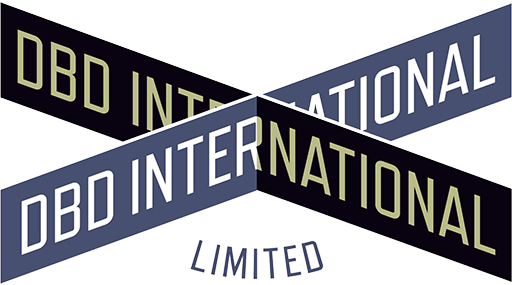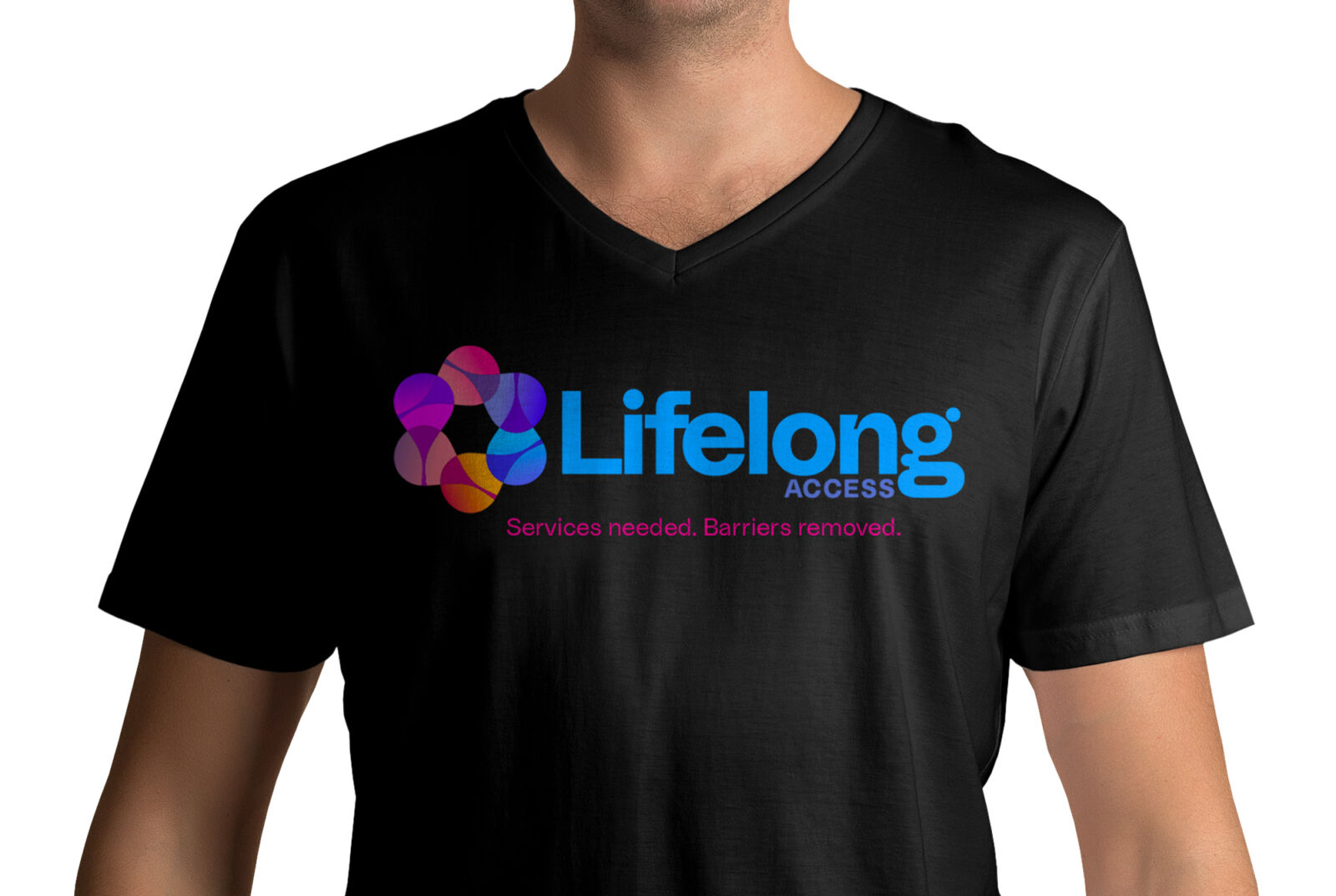
After successfully rebranding several non-profits, I discovered something: Non-profits think of themselves as a different breed of organization.
Are non-profits different? Yes. But, in the most fundamental areas of branding, they aren’t.
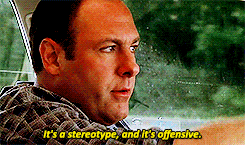
I first learned this when I rebranded a city in the Midwest. Twelve months after the rebrand, they experienced a 500% increase in tourism.
After rebranding my second city, I saw a similar result, pushing them to their highest-ever attendance at an annual auto and airplane event.
This was followed by rebranding the 70-year-old Philadelphia chapter of the United Cerebral Palsy, respecting their legacy while ushering in a new chapter in their growth.
Non-Profits At a Glance
- The non-profit sector is the 3rd largest workforce in the United States behind retail and manufacturing, with non-profit organizations representing 5.7% of the U.S. economy.
- The United States has over 1.5 million registered non-profit organizations. To put that number in perspective, there are around 10 million nonprofits globally, resulting in roughly 15% of the world’s non-profits being in the United States.
- In 2021, charitable giving in the United States reached over $471 billion, showing resilience and growth even in times of economic uncertainty and amid the challenges of the pandemic (from Giving USA’s annual report on philanthropy).
- Only around 50% of non-profits are successful. Per the National Center for Charitable Statistics, about 30% of non-profits will cease to exist after ten years.
- Many non-profits face severe brand differentiation challenges as the sector is highly crowded.
- With millions of non-profits worldwide, the competition for donors, volunteers, and mindshare is intense, making differentiation not a luxury but a vital necessity.
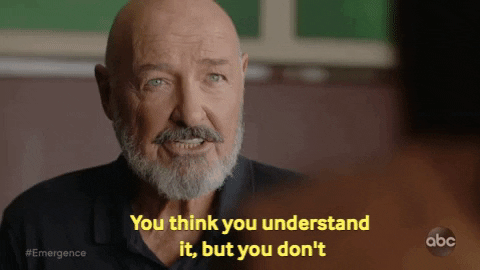
The Top 3 Challenges Non-Profits Struggle With
1. Fundraising and Financial Sustainability:
- Securing consistent and adequate funding remains a crucial challenge. Organizations often compete for the same funding sources, and donation fluctuations can severely impact operational stability and program delivery.
2. Brand Visibility and Differentiation:
- With millions of non-profits globally, standing out and conveying an organization’s mission and impact is essential to attracting donors, volunteers, and partners.
3. Adaptability, Donor Retention and Engagement:
- Developing long-term relationships with donors, keeping them engaged and committed to the organization’s cause, and adapting to cultural shifts and changes in values are crucial for sustaining and growing non-profit organizations.
How Non-Profits Thrive: The Science of Storytelling
Too many organizations think that what they do is all that matters.
The problem with this approach:
People remember and connect with stories. Not a parade of facts.
Stories challenge old ideas, touch their hearts, and open their eyes.
Only stories do this. Not a parade of facts.

Choosing Your Battle, Hero, and Villain: A 1955 Non-Profit Takes Ownership of Its Story
The origins of Marcfirst go back to 1955 when it was first established outside Chicago.
It was the year a group of parents in Illinois took it upon themselves to do something unprecedented and remarkable:
Set up a non-profit organization that filled a critical, personal, and growing need designed to help children facing particular challenges.
Back then, there was no system for caring for children with Intellectual or Developmental Disabilities (IDD) or their families.
This evolved into what we know as Marcfirst, who now serves families from the earliest phases of life to fully mature adults.
The mind-numbing barriers Marcfirst encountered:
- A sobering fact: 7-8 million Americans have an intellectual or developmental disability, affecting 30 million directly.
- In Illinois, the average amount of time that people in urgent need of Intellectual or Developmental Disabilities services routinely wait before they receive any help is seven years.
- Some wait as long as a decade before receiving the assistance they need.
- In 2021, only six individuals who asked for help in 2011 were selected — ten years after their initial request.
- In 2022, over 20,000 people waited for Intellectual or Developmental Disabilities services.
While remarkably effective as an organization, Marcfirst needed to redefine itself.
For one fundamental reason: while many organizations existed, too few overcame the barriers they encountered to successfully help those in need.
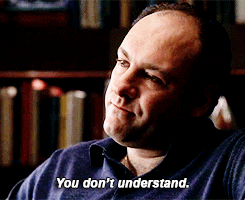
Crafting a Story Everyone Could Connect With
As we all know, people have many different reactions to change.
Crafting the transition from the present to the next great chapter in an organization is an art form.
This is why we do our homework to determine three things:
- What’s important, relevant, and timeless?
- What is outdated and no longer relevant to where we’re headed? and
- What is missing that needs to be injected into the new narrative that has clarity, differentiating, and memorable?
The most fundamental part of a rebrand is the reframing of the discussion that should be occurring:
- The big idea.
- The experiential attention to detail.
- The humanity.
- The differences that matter.
- What we choose to leave in.
- What we choose to leave out.
The Big Reveal: Opening Eyes and Hearts
This introductory video shows how we reframed Marcfirst’s narrative and redefined their role in helping those in need:
The problem was not the number of non-profit organizations, the number of people who cared, or the number of worthwhile intentions.
NOTE: The problem was the number of barriers people encountered when needing help.
What Marcfirst needed to define was how they helped people successfully overcome those barriers.
And that Marcfirst spanned people’s lifetimes, not just one stage of their lives.
Brian Wipperman, Marcfirst’s CEO, described the process of the Marcfirst rebranding:
“How do you respect the past and embrace the future?
“After doing David’s Masterclass, we realized two things: 1. Our 68-year-old non-profit was ripe for a rebrand, and 2. We were too close to our organization to give it the proper refresh it needed to move our brand forward.
“After seeing the journey we ultimately took, we could never have navigated this internally. We were too close and needed that balance of impartiality and expertise to prepare our non-profit for its next chapter of growth.”
Melanie Bilbrey-Snively, Marketing and Communications Manager, shared this:
“As the person over marketing, I implement and bring the brand to life.
“I joined Brian in David’s Masterclass, and we realized that getting the brand out into the communities we serve is a very different task than redefining the brand itself.
“David brought knowledge and insight to this process, balancing a respect for where we’ve been and a toughness to challenge old ideas we’d outgrown.
“The resulting new brand has given us wings to go where we never would have gone without this external expertise.”
The breakthrough: Marcfirst didn’t need to redefine what they were doing because people don’t come to new conclusions with old information, no matter how pure or passionate. Nearly every non-profit was already stating what they were doing.
Marcfirst needed to do this instead: reframe the more significant problem they were addressing to start having a new discussion.
This entire process resulted in the new name: Lifelong Access.
And the new slogan: Services needed. Barriers removed. as shown here:
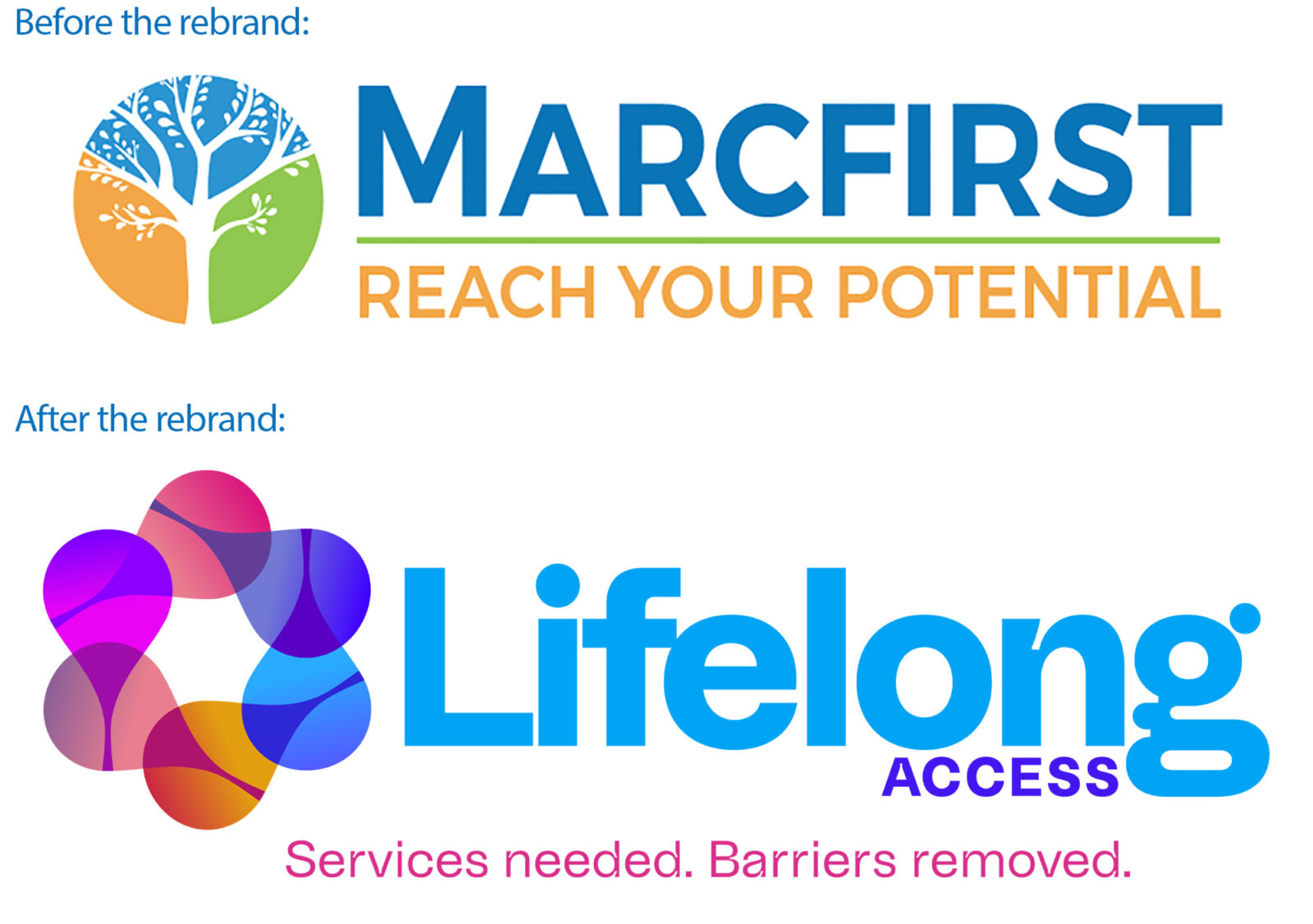
To really carve out a distinction from its past to its future, we created an extensive collection of assets. This collection of assets breathed new life into the entire brand.
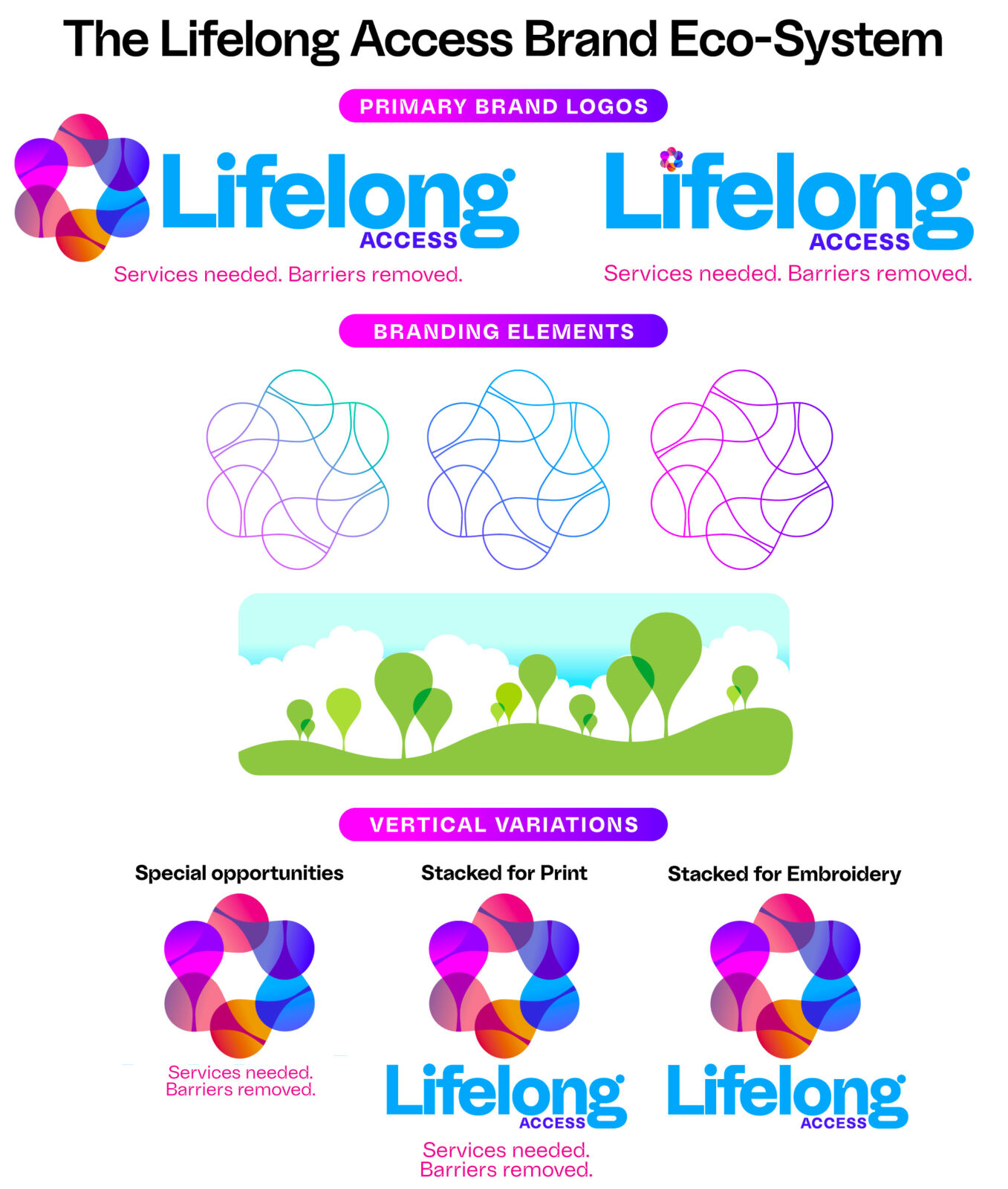

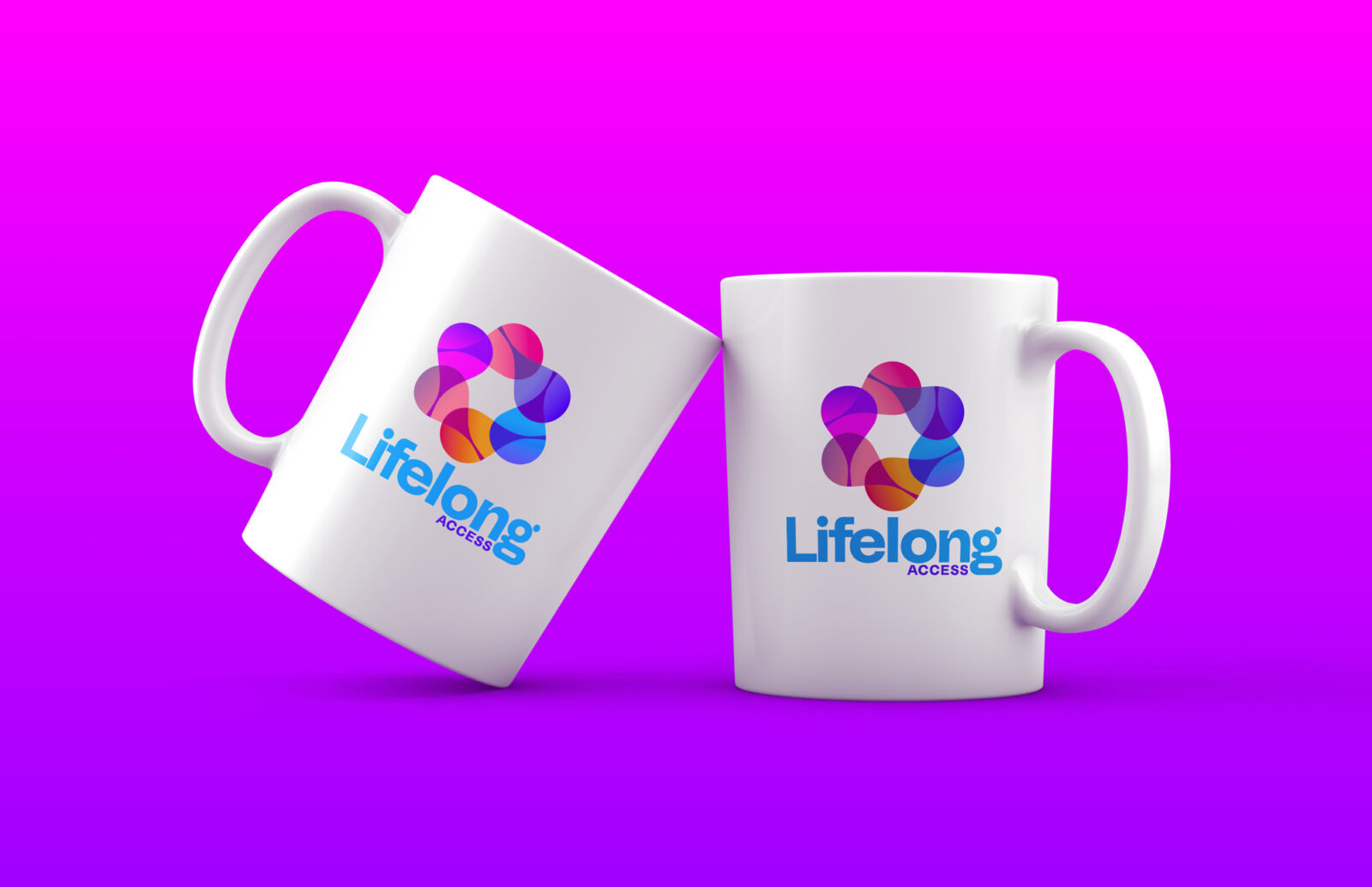
In the left-hand image below, you see how people were welcomed by the old brand.
On the right-hand image is how people are welcomed by the new brand.

Here is the brand shown in various applications. Name tags for guests:
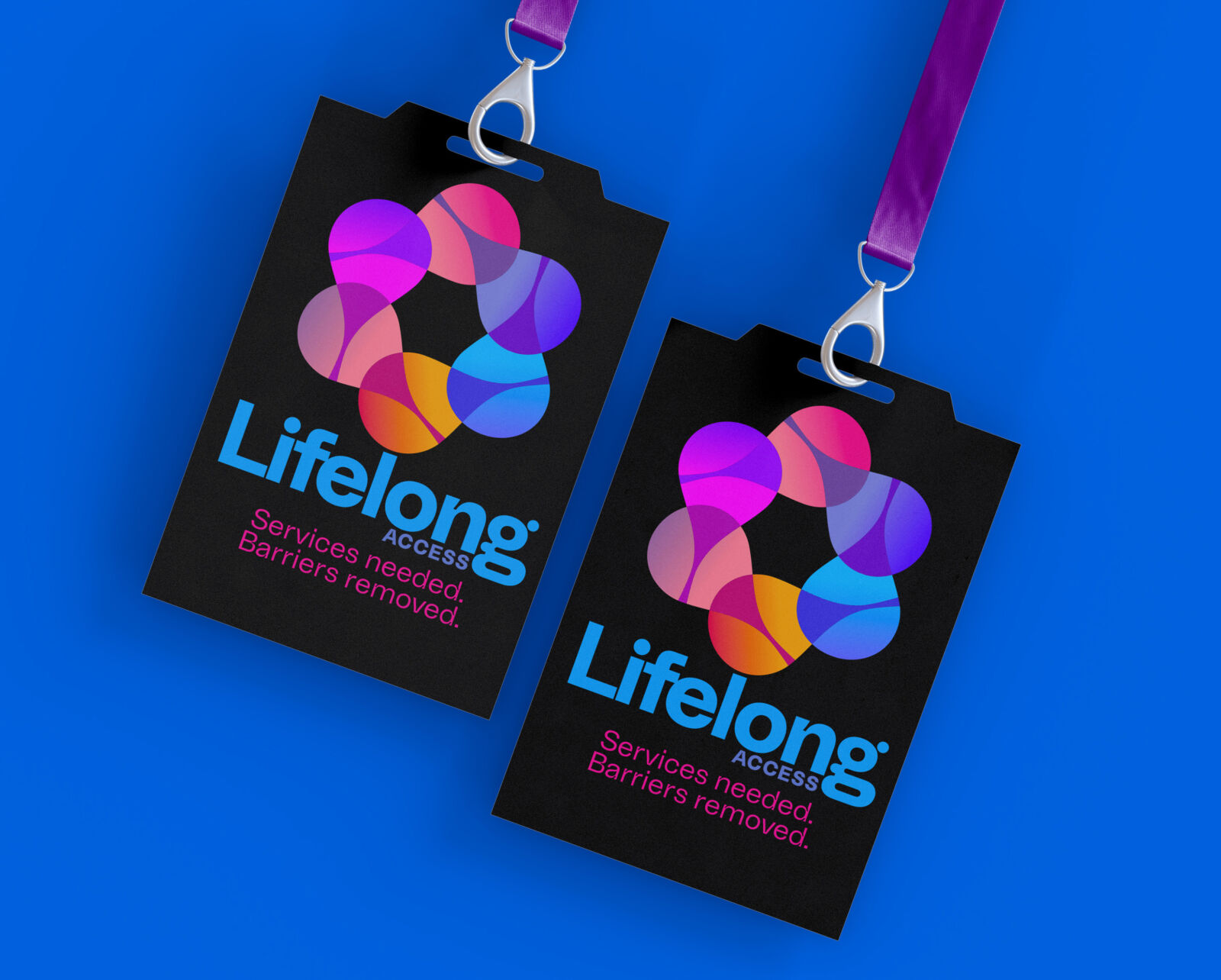
Mobile devices:
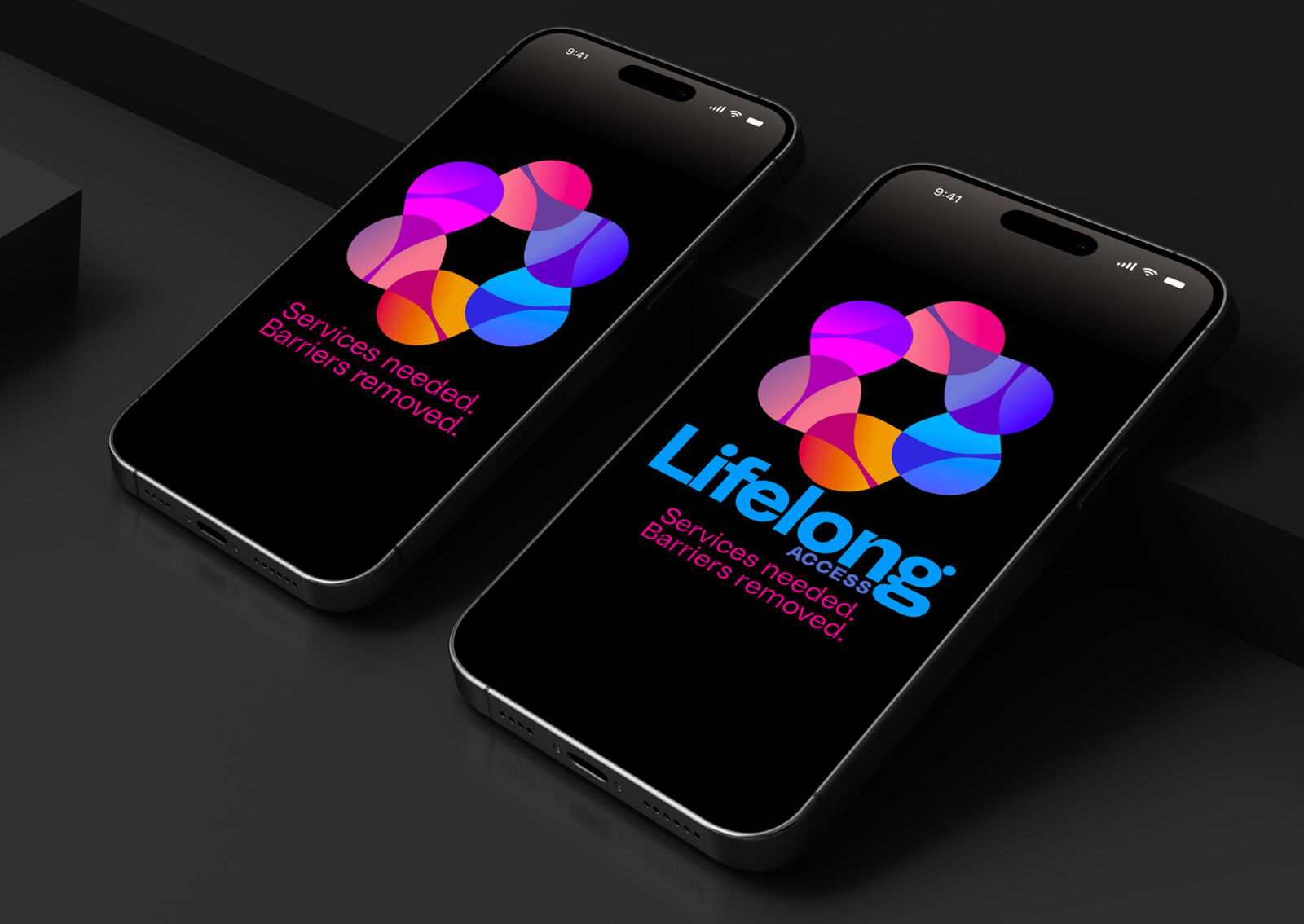
Core values shirts:
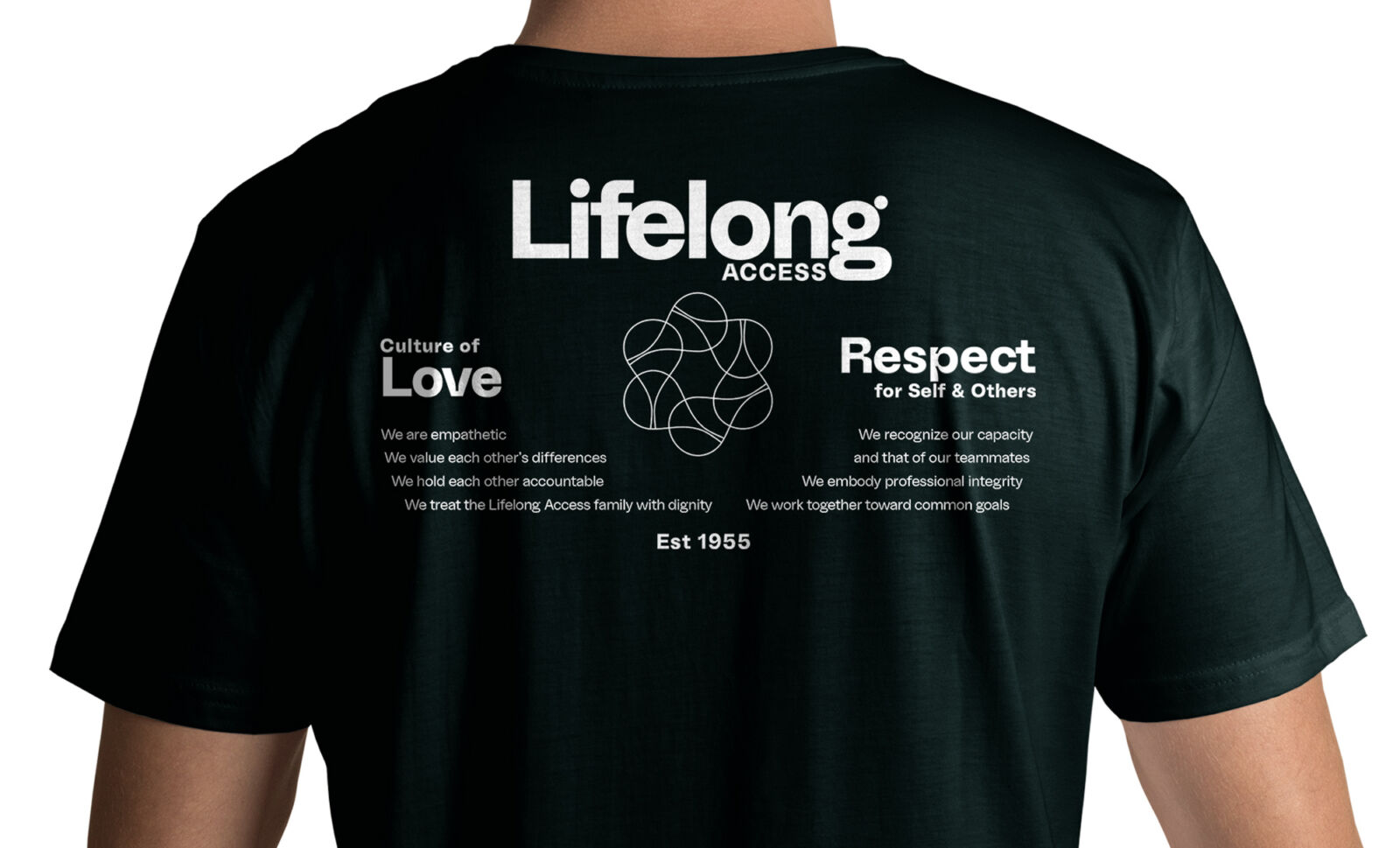
Travel mugs:
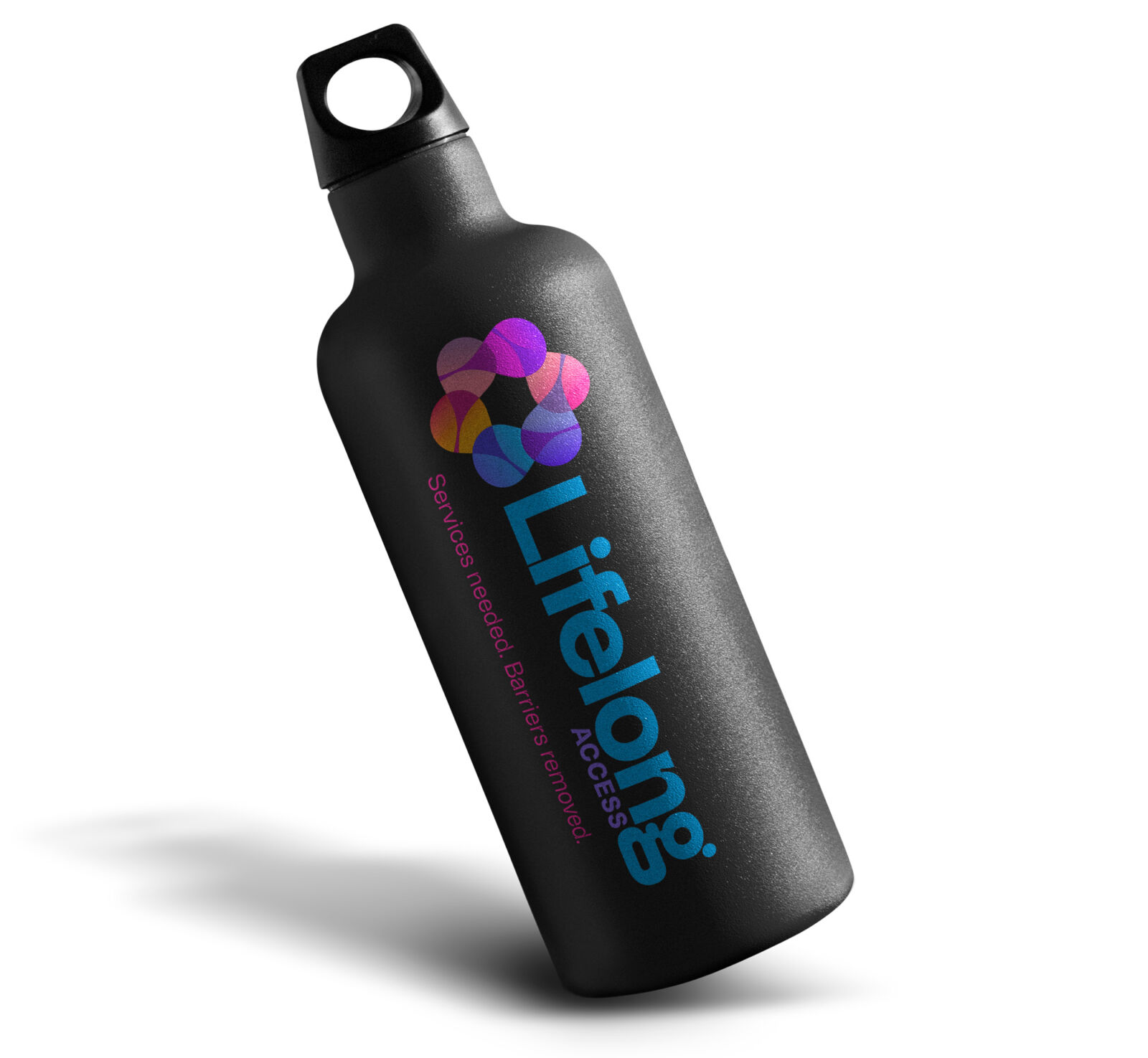
The Power of Branding to Bring People Together
A brand enables the world to rally behind your cause.
Lacking a brand is like being without a key to your house.
The home’s yours; the title has you as the rightful owner, yet you’re unable to go where you need or want to.
It’s no longer enough to have an organization with a worthwhile purpose.
You need a bridge to get people interested, committed to what you’re doing, and loyal to your cause.
Having the right brand enables you to achieve that.
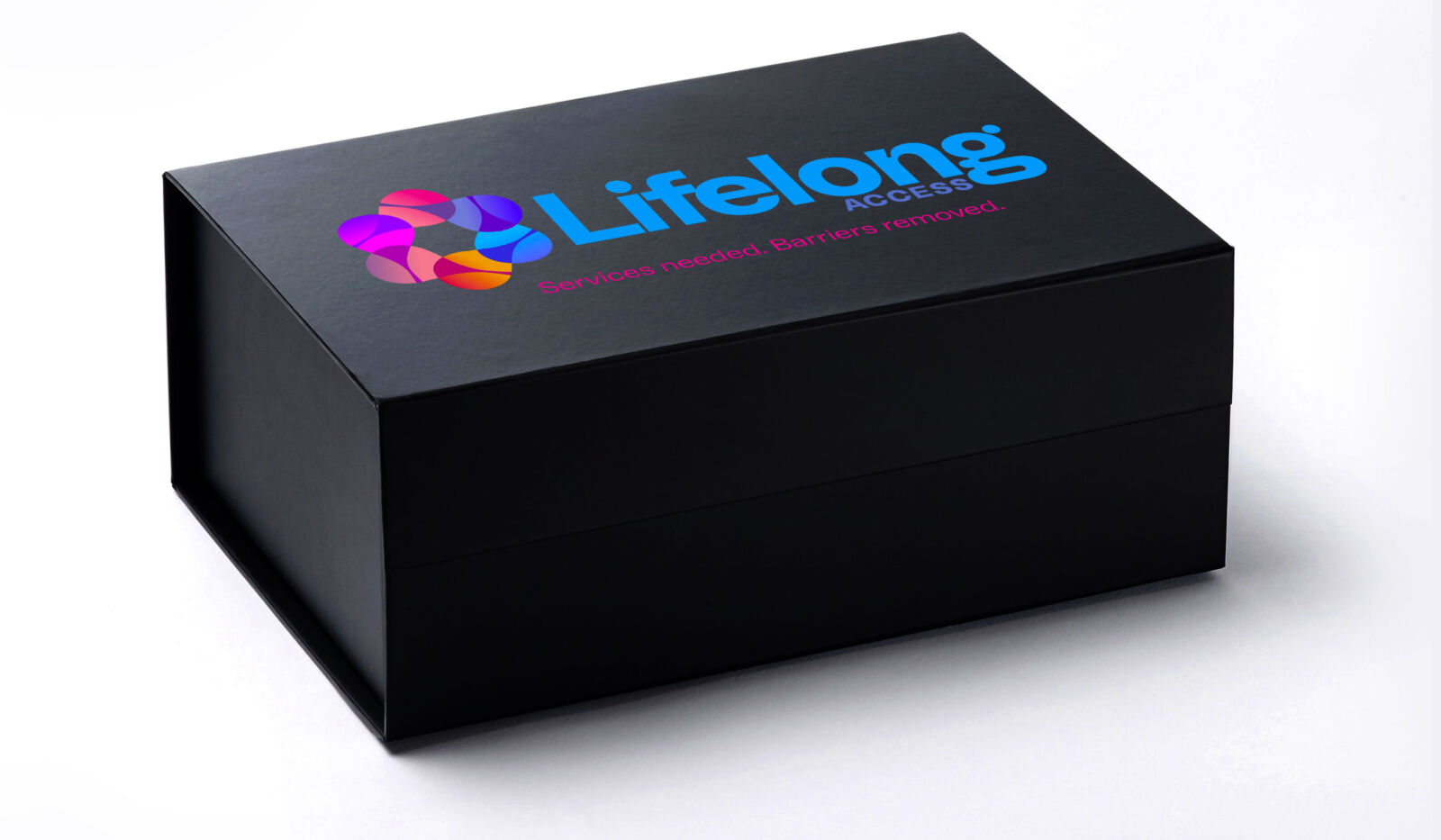
Ready to unleash a movement
others can’t wait to join?
Then, grab your spot for a free 30-minute “Clear Brand Messaging” strategy session.
Let’s unearth the tools to grow your brand and skyrocket that ROI.
No strings attached, just pure, unadulterated strategy.
Click the “Get More Reach” button below to get started.
